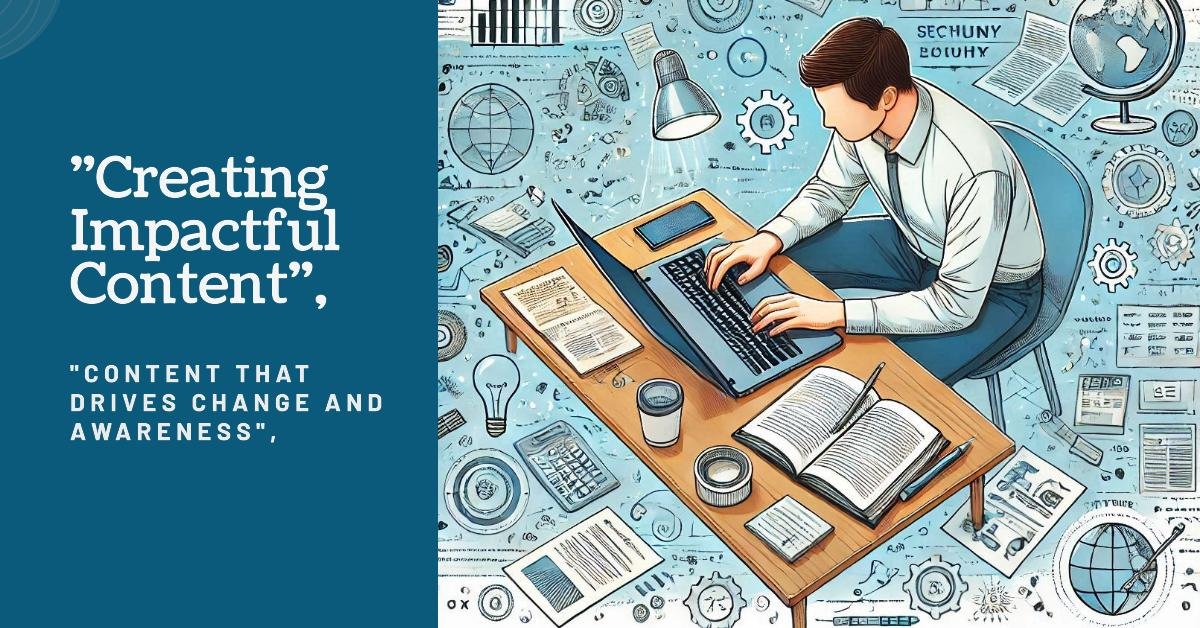
In B2B marketing, AI-powered B2B lead generation can be the difference between a successful cold email campaign and one that falls flat. Not all leads are equal; identifying the most likely to convert into loyal customers is crucial. Traditional lead generation methods can yield results but are often slow and only sometimes precise. That’s where AI-powered B2B lead generation steps in, offering more accuracy and efficiency.

A few years ago, I worked with a client with a great product and a solid sales team but needed help with their cold email campaigns. Despite having a long list of potential customers, their response rates could have been higher, and the conversion numbers could have been better. It wasn’t because of the product or their team’s skills; it was simply that they were targeting the wrong leads.
Their list was filled with unqualified contacts who needed to match their ideal customer profile. This caused wasted effort and poor engagement. We needed a solution that focused on quality over quantity. That’s when we turned to AI-driven lead identification, revolutionizing their B2B lead generation efforts. Within months, we saw a drastic improvement in the quality of leads, and conversion rates soared. This experience taught me that AI isn’t just for data scientists; it can be a game-changer for sales and marketing teams.
Regarding B2B lead generation, more than having a long list of leads is required. What matters is how good those leads are. When you focus on quality and target the right people — those who genuinely need your product or service — every part of your cold email strategy improves. Your emails get more opens, higher engagement, and better conversion rates. It’s simple: better leads equal better results.
AI takes the guesswork out of finding suitable leads. It uses data analysis to spot patterns and predict which contacts will likely convert into customers. These shifts shift identification from a manual, time-consuming process into a more precise, automated one. AI-powered lead generation helps businesses identify the best B2B sales leads through techniques like data mining, predictive analytics, and behavior tracking.
Data Mining and Predictive Analytics
AI excels at analyzing large amounts of data. With data mining, AI can sort through considerable databases to find relevant leads based on criteria like company size, industry, recent activity, or even social media engagement. Predictive analytics then uses historical data to predict which leads will likely engage and convert.
For example, a software company, a client of mine, needed help figuring out which companies were ready to invest in new technology. Using AI-powered lead generation tools, we identified companies that had recently raised funding or announced new technology projects. Targeting these companies resulted in a 30% boost in conversion rates.
Behavioral Analysis and Intent Signals
AI goes beyond static data. It can track behavioral patterns and intent signals to find leads actively looking for solutions like yours. For instance, if someone from a target company visits your website frequently, downloads content, or engages with your social media, AI can recognize these activities as buying signals. This allows you to focus on leads more likely to convert soon.
Firmographic and Technographic Data
Another way AI improves B2B sales lead generation is by using firmographic and technographic data. Firmographic data refers to company size, revenue, and industry, while technographic data looks at the company’s technology. For example, if your product integrates with specific software, AI can help identify companies that already use it, allowing you to target them more precisely.
One of the most essential parts of a successful B2B lead generation strategy is audience segmentation. Dividing your audience into smaller, more targeted groups lets you send personalized messages that are more likely to resonate with each group. AI can automate this process, making it faster and more accurate.
Why Segmentation Matters
Segmenting your leads ensures you can create customized emails that meet their needs. For example, if you’re emailing decision-makers, your messaging should focus on ROI and high-level benefits. On the other hand, if you’re targeting technical users, you might focus on product features and integrations.
AI-Driven Segmentation Techniques
With AI-powered segmentation, you can automatically categorize leads based on factors like company size, industry trends, or how familiar they are with your brand. AI keeps track of engagement history and adjusts segments, ensuring your lead lists remain relevant and current.
For one client, we used AI to segment their leads based on growth stages and hiring trends. By delivering more targeted messaging, we increased response rates by 40% and had more productive conversations with potential clients.
Another significant benefit of AI in B2B lead generation is predictive lead scoring. AI can analyze your leads’ behavior and other data points to score them based on their conversion likelihood. This helps sales teams prioritize the leads that matter most.
How Predictive Lead Scoring Works
Traditional lead scoring might rely on subjective factors, but AI uses objective data like engagement levels, company size, and past interactions. AI-powered predictive lead scoring can help you focus on leads that are more likely to buy, reducing time spent on unqualified contacts.
In one case, a client in financial services used predictive lead scoring to rank their prospects. By focusing on leads with the highest scores, they saw a 25% increase in conversions within just a few months.
Whether you’re a small business or a large enterprise, throwers lead generation tools are available to help you. Some popular tools include ZoomInfo, Clearbit, and LinkedIn Sales Navigator. These platforms offer features like company data analysis, decision-maker identification, and predictive insights about lead quality.
Starting Small with AI
If you’re a small business, you can use a small budget to take advantage of AI free or low-cost tools like Hunter.io for email verification or Crystal for personality insights, which can help you improve your targeting without breaking the bank.
While AI offers enormous benefits for B2B lead generation, there are challenges to remember.
AI is reshaping B2B lead generation by making it more efficient and effective. Whether through predictive lead scoring, automated segmentation, or intent tracking, AI is helping businesses target suitable leads and improve their sales outcomes. As AI technology continues to evolve, its role in lead generation will only grow, offering new opportunities for businesses to connect with their ideal customers.

